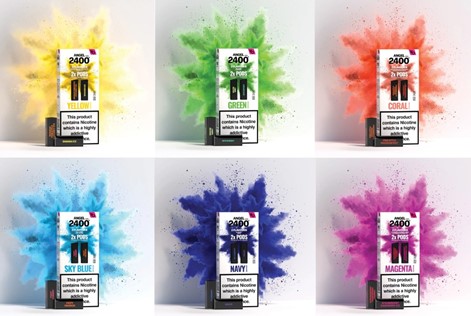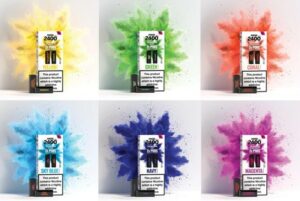
Philip Morris International has postponed the test launch of its IQOS heated tobacco device in the U.S. to the fourth quarter, reports Reuters. The company declined to say why.
The pilot was earlier scheduled to run in Austin, Texas, in the second quarter, for which the company reported results on the day.
Anti-tobacco activists have been seeking to derail the U.S. introduction of IQOS, arguing among other things that PMI exaggerates the number of people who have quit smoking regulator cigarettes using IQOS.
In a joint letter to the U.S. Food and Drug Administration dated June 27, six health groups cited yet-to-be published independent studies contradicting PMI’s findings about how many IQOS users completely switch to the device from cigarettes.
Meanwhile, PMI said the impact of the EU ban on flavored heated tobacco in the European Union has had a “slightly greater” impact on IQOS sales than previously assumed.
This led the company to temper its expectations for volume growth in the heated tobacco category to around 13 percent for the full year, down from between 14 percent and 16 percent expected earlier.



















